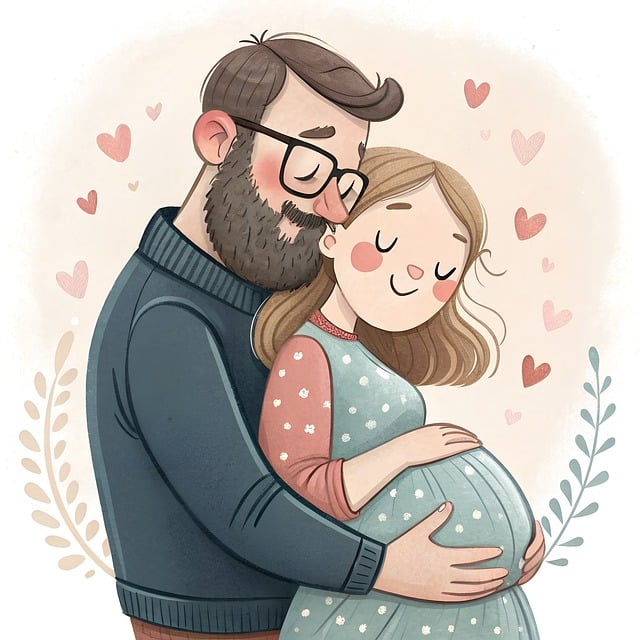Hey there! If you’re navigating the complex world of endometriosis and how it impacts fertility, you’re not alone. Endometriosis affects about 10% of women in the UK, and for many, the road to diagnosis can be long and frustrating. Sometimes, it only becomes evident when trying to conceive.
Understanding Endometriosis
So, what exactly is endometriosis? It’s a condition where tissue similar to the uterine lining starts growing outside the uterus—most commonly in the ovaries and pelvis, but it can also show up in places like the bladder and bowel. There are four stages of endometriosis, ranging from minimal (stage one) to severe (stage four), based on the size and depth of the tissue growth.
While the exact cause of endometriosis is still a mystery, several factors might increase your risk, including hormonal changes, genetics, and immune system issues. For instance, retrograde menstruation, where menstrual blood flows back into the pelvis, could be a contributing factor. There’s also some evidence that suggests it might run in families.
Common Symptoms
Endometriosis can manifest differently for everyone. Some women might notice symptoms from their first period, while others might not realize they have it until later. Common signs include:
- Severe pelvic pain, especially during menstruation
- Pain during intercourse
- Heavy periods or excessive bleeding
- Fatigue and feeling run down
In more severe cases, you might also experience painful urination or bowel movements, and even severe leg pain.
When to Seek Help
If you’re experiencing symptoms that disrupt your daily life, it’s a good idea to reach out to your GP. Diagnosing endometriosis can be tricky, often taking years, but imaging tests like ultrasounds or MRIs can help, and a laparoscopy is the gold standard for confirming a diagnosis.
How Endometriosis Impacts Fertility
It’s natural to worry about the effects of endometriosis on your fertility. Around half of the women diagnosed with the condition face some degree of infertility. For those with milder symptoms, conceiving might take longer, while those with severe cases may need fertility treatments.
Endometriosis can affect fertility in various ways, such as causing damage to the reproductive organs, scarring or blocking the fallopian tubes, and creating inflammation that can impact egg reserve and implantation.
Fertility Options
Many women with endometriosis manage to conceive naturally, though it may take a bit longer. If you’re concerned about your fertility or considering surgery to manage symptoms, there are several options available for starting or expanding your family. For example, fertility testing can provide insights into your reproductive health, and in vitro fertilization (IVF) is a common treatment for those with endometriosis. If you’re facing surgery, you might also consider egg freezing to preserve your fertility for the future.
We’ve helped numerous women on their journey to parenthood despite the challenges of endometriosis. Take a look at some inspiring stories from women like Jenna, who thought she’d never conceive, and Lucy, who turned to blogging about her experiences to help others.
If you’re looking for more information, check out this post on the safety of artificial sweeteners during pregnancy, which might interest you. Also, as you explore your options, this resource from the CDC is excellent for understanding pregnancy and home insemination needs.
In Summary
Endometriosis can be a challenging condition, particularly when it comes to fertility. However, with the right support, resources, and treatment options, many women successfully navigate their paths to parenthood.

